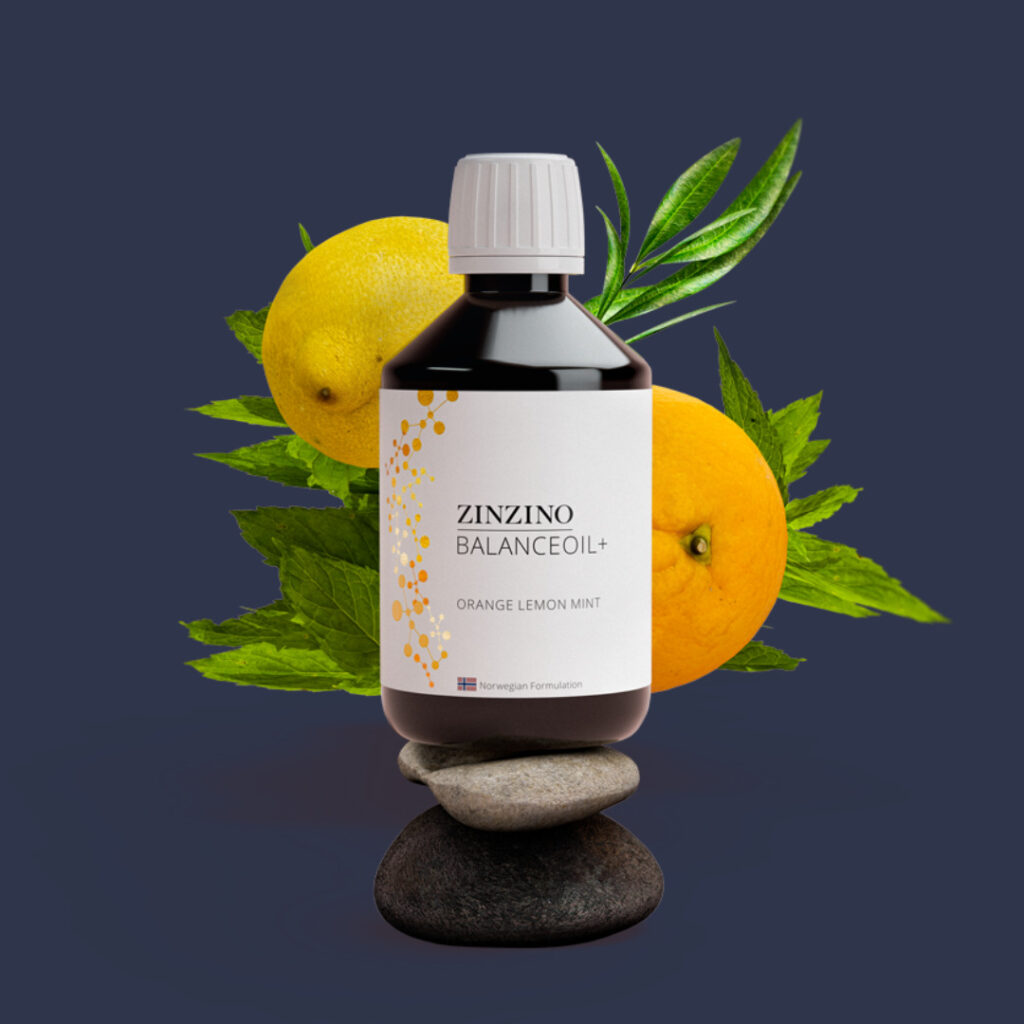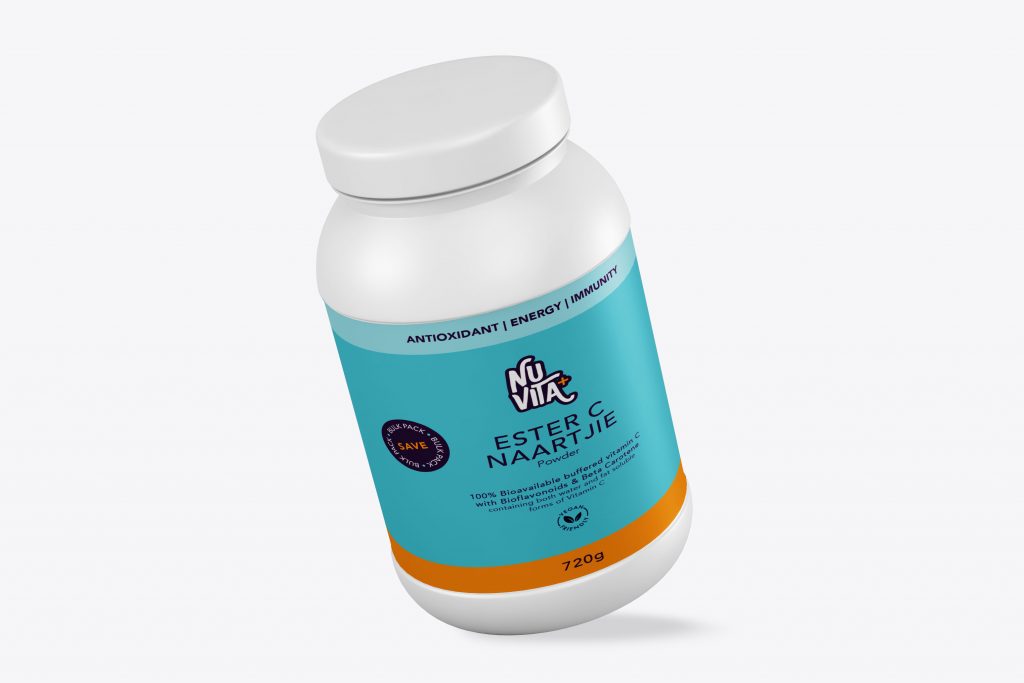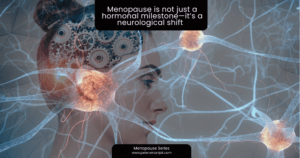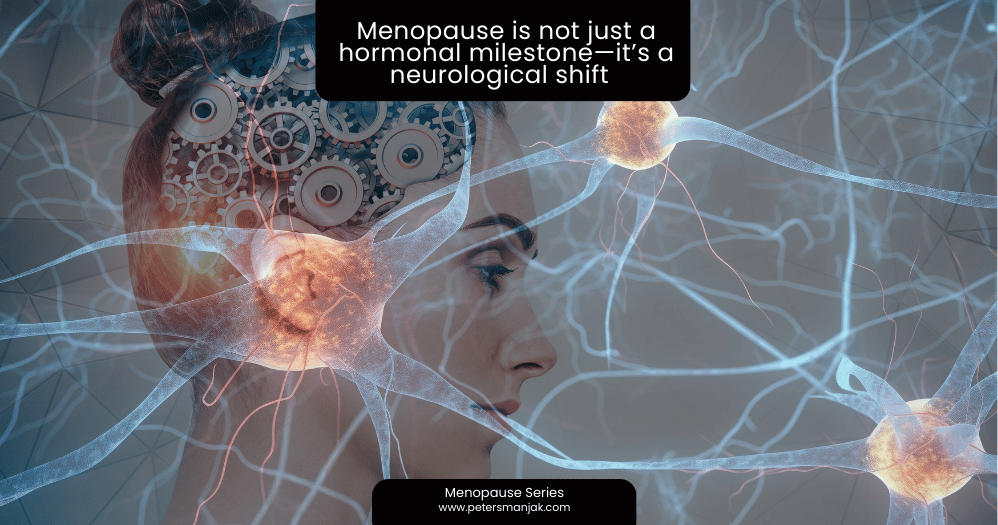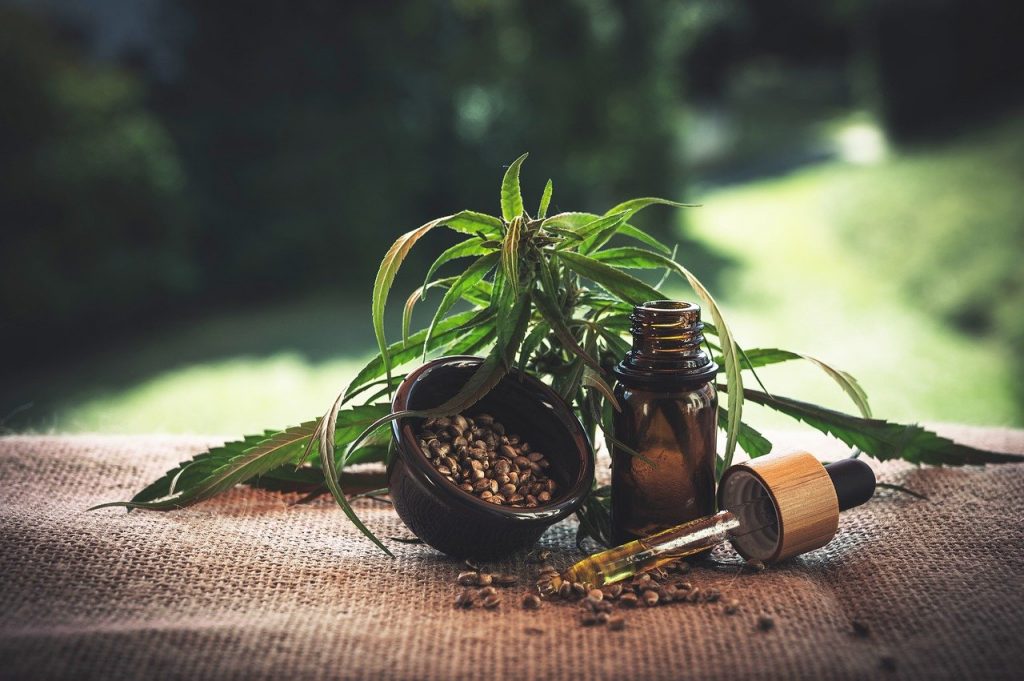
The Cannabis plant has been cultivated and used for its medicinal and industrial benefits dating back to ancient times. Cannabis sativa and Cannabis indica are the 2 main species. 1 The Cannabis plant contains more than 80 different chemicals known as cannabinoids. The most abundant cannabinoid, tetrahydrocannabinol (THC), is well known for its psychoactive properties, whereas cannabidiol (CBD) is the second-most abundant and is nonpsychoactive.
Different strains of the plant are grown containing varying amounts of THC and CBD. Hemp plants are grown for their fibers and high levels of CBD that can be extracted to make oil, but marijuana plants grown for recreational use have higher concentrations of THC compared with CBD. 2 Industrial hemp must contain less than 0.3% THC to be considered legal, and it is from this plant that CBD oil is extracted. 3
Many different cultures have used the Cannabis plant to treat a plethora of ailments. Practitioners in ancient China targeted malaria, menstrual symptoms, gout, and constipation. During medieval times, cannabis was used for pain, epilepsy, nausea, and vomiting, and in Western medicine it was commonly used as an analgesic. Around the world, physicians prescribed Cannabis sativa for a multitude of illnesses.
CBD Oil: The Potential Benefits of Cannabidiol
-

-
 NuLeaf Pure Full Spectrum CBD Capsules (30)R600.00 – R900.00Price range: R600.00 through R900.00
NuLeaf Pure Full Spectrum CBD Capsules (30)R600.00 – R900.00Price range: R600.00 through R900.00 -

Cannabidiol, or CBD oil, is a non-psychoactive phytonutrient from the cannabis plant. Though controversial, CBD is fast gaining recognition in the medical community for a wide array of benefits backed by research.
CBD is a non-intoxicating extract from the Cannabis sativa family of plants (which includes hemp and marijuana).
CBD is just one of a family of chemicals known as the cannabinoids, shown to have anti-inflammatory, antipsychotic, anti-anxiety, and anticonvulsant properties as well as homeostatic properties (meaning it maintains healthy balance in cells).
Even though CBD oil is from the cannabis plant, it is not psychoactive and doesn’t create a “high”—an effect caused rather by THC (9-tetrahydrocannabinol), another cannabinoid.
At this juncture we must dispel myths about all THC making you high. This is not case as it is dose dependent.
Cannabinoids – The Active Miracle Plant Chemical

Cannabinoids are active chemicals in Cannabis that cause medicinal effects throughout the body, including the central nervous system and the immune system. In some instances these effects can be likened to being in the zone for a golfer or the runner’s high. This happens when you’ve experienced the effects of activating your endocannabinoid system.
Cannabinoids are made in small amounts in the human body. Every cell in the body has receptors for cannabinoids, and they modulate expression of the genes involved with homeostasis (healthy balance) and metabolism (turning food into energy). In turn, this impacts inflammation, immune function, appetite, pain-sensation, mood, memory, and brain function and development.
The modern diet is lacking in cannabinoids; the result is that most people are deficient, a condition known as “endocannabinoid deficiency syndrome.”
CBD oil has anti-inflammatory, antipsychotic, anti-anxiety, and anticonvulsant properties, but has no psychoactive or intoxicating side effects. THC has analgesic, euphoric, psychoactive properties, known as a “high.” This high could be slight or very deep. Either way a beautiful moment in time.
The Permanente journal provide results of a study specifically related to anxiety and sleep using on CBD oil.
The average age for patients with anxiety was 34 years (range = 18-70 years) and age 36.5 years for patients with sleep disorders (range = 18-72 years). Most patients with an anxiety diagnosis were men, whereas more sleep-disordered patients were women.
These results demonstrated a more sustained response to anxiety than for sleep over time. Patient records displayed a larger decrease in anxiety scores than in sleep scores. The sleep scores demonstrated mild improvement. The anxiety scores decreased within the first month and then remained decreased during the study duration.
Our experience has shown that CBD has a benefit to anxiety however to improve sleep quality, there must be the added benefits of THC and terpenes.
Potential Benefits of Cannabinoids and CBD Oil Products
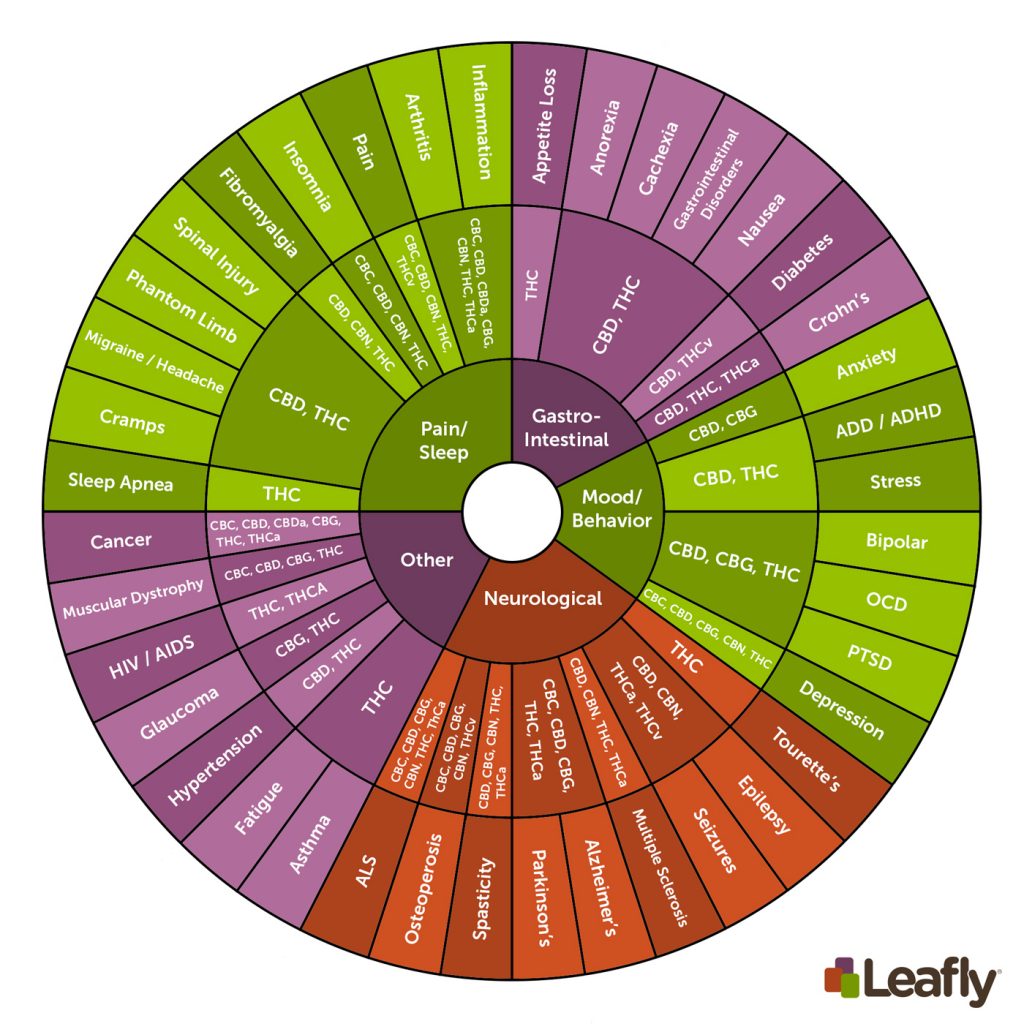
As with many complementary therapies, there’s a wealth of emerging research showing the potential beneficial effects of cannabinoids in a wide range of conditions. Much of this research is early stage, but results are promising.
- Cancer: Cannabinoids may inhibit tumor growth, while protecting normal cells, and improve the effectiveness of chemotherapy.
- Cigarette and drug withdrawals: A promising study published in Addictive Behaviors found that smokers using a CBD inhaler smoked 40 percent fewer cigarettes than those on placebo and were better able to control their nicotine cravings. Another study found that CBD helped people with substance abuse disorders in part by reducing “symptoms such as anxiety, mood symptoms, insomnia, and pain.”
- Epilepsy and neurological disorders: CBD products offer new hope for patients with epilepsy. A 2017 study found that CBD decreased the frequency of seizures, but increased the risk of sleepiness and increased liver enzymes. Other studies have found the risks to be minimal in comparison to anti-epileptic drugs.
- Anxiety: A study in Neurotherapeutics showed that preclinical evidence conclusively demonstrates CBD’s efficacy in reducing anxiety behaviors relevant to multiple disorders, including generalized anxiety disorder, panic disorder post-traumatic stress disorder, social anxiety disorder and obsessive–compulsive disorder, with minimal sedative effects, and an excellent safety profile.

- Diabetes: A 2016 study found that CBD oil reduced inflammation in Type 1 diabetes while another study concluded CBD “may represent a new therapeutic agent for glycemic control in subjects with type 2 diabetes.
- Acne: Research shows that CBD oil products have numerous skin benefits. One study found that CBD has potential as a promising therapeutic agent for the treatment of acne vulgaris.
- Pain relief: The role of cannabinoids in pain management, has been studied in a variety of conditions including: Arthritis, cancer, chronic pain syndromes, MS, muscle pain, and spinal cord injuries.
Potential Side Effects of CBD Oil
Research has shown that CBD is well tolerated across a wide range of doses. Most common symptoms include tiredness, diarrhea, and a change in appetite or weight. Side effects are more common with higher THC levels.
Drug interactions may occur, so always check with your doctor or pharmacy before starting CBD along with prescribed medications.
Should you require insights and or information on how CBD could help you or your family, you are welcome to contact the writer who has had extensive experience in using CBD in alternative treatments.

